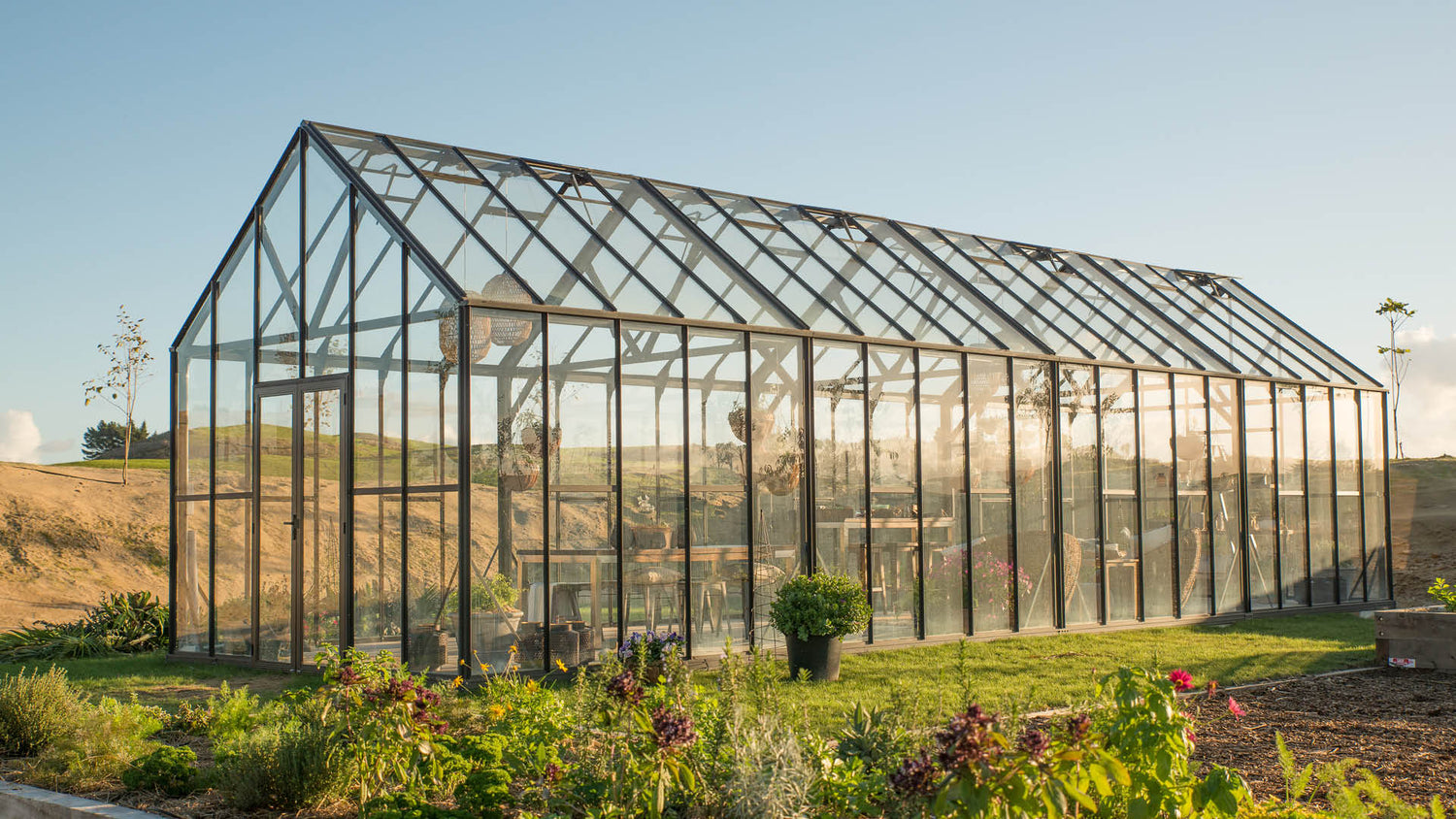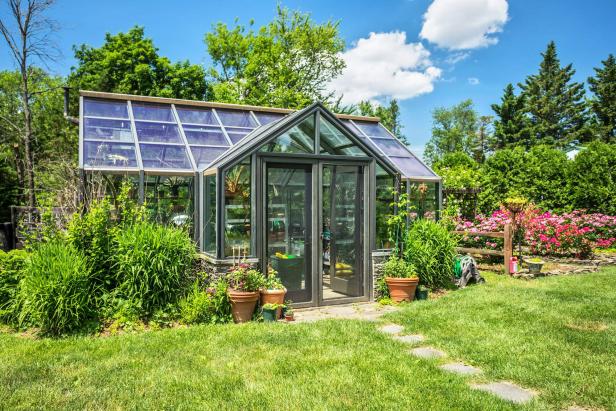Growing Quality: Monarch Greenhouse Construction Utah Very Best
Wiki Article
Greenhouse Farming: Making The Most Of Plant Returns and Sustainability
Are you wanting to maximize your plant yields while promoting sustainability? Look no more than greenhouse farming. With regulated settings and reduced water use, greenhouse farming uses the perfect service for year-round production of fresh fruit and vegetables. By taking advantage of the power of modern technology and lasting methods, you can guarantee a bountiful harvest while minimizing your ecological influence. Discover the benefits of greenhouse farming and start gaining the benefits today!Benefits of Greenhouse Farming
Are you wondering what makes greenhouse farming so advantageous? One of the major advantages of greenhouse farming is the ability to manage the atmosphere in which crops are grown.Another advantage of greenhouse farming is the decrease in water usage. Greenhouses are developed to be water-efficient, with systems that reuse and catch water, decreasing waste. This is particularly crucial in areas where water deficiency is an issue. By using water extra efficiently, greenhouse farming assists to conserve this valuable source.
Additionally, greenhouse farming enables for better bug and illness management. With the controlled atmosphere, it is easier to avoid and regulate the spread of pests and diseases. This reduces the demand for hazardous pesticides, making greenhouse-grown crops much safer and a lot more ecologically pleasant.
Additionally, greenhouse farming provides defense against extreme weather occasions. Plants grown in greenhouses are secured from heavy rain, solid winds, and hailstorms, which can damage or destroy outdoor plants. Monarch Commercial Greenhouse Utah. This protection makes certain a more dependable and steady crop return, even during uncertain weather problems

Making Best Use Of Crop Returns With Regulated Environments
To take full advantage of plant yields in greenhouse farming, you can achieve optimum results by managing the setting. One of the key benefits of greenhouse farming is the ability to manage these ecological factors, permitting you to customize them to the details needs of each plant. By implementing these regulated atmospheres, you can optimize crop yields and accomplish constant, high-grade fruit and vegetables throughout the year.Promoting Sustainability Through Greenhouse Farming
Optimize sustainability in greenhouse farming by executing reliable source administration strategies. One key element of promoting sustainability is the administration of water usage. By carrying out systems such as drip irrigation and recirculation, you can substantially reduce water wastefulness and ensure that every decrease counts. Additionally, utilizing organic and naturally degradable products for pest control and fertilization can help decrease environmental influence. Integrated Pest Management (IPM) techniques, as an example, entail using valuable bugs to control insects, decreasing the demand for harmful chemicals. Energy consumption can be decreased by utilizing sustainable energy sources, such as solar panels, to power greenhouse procedures. This not only reduces reliance on fossil fuels yet likewise decreases greenhouse gas emissions. Proper waste monitoring is an additional critical element in promoting sustainability. Executing recycling and composting systems can reduce the quantity of waste sent cutting wet grass to landfills while additionally providing nutrient-rich garden compost for plant development. Including lasting practices in greenhouse design, such as utilizing energy-efficient materials and enhancing all-natural lights, our website can further boost sustainability. By taking on these resource management methods, you can add to a more sustainable future in greenhouse farming.Minimizing Water Use in Greenhouse Farming
By executing effective water management methods, you can substantially lower water use in greenhouse farming. In addition, surveillance and managing the humidity degrees inside the greenhouse can prevent unneeded water loss. By adopting these water-saving techniques, you can minimize water waste, preserve resources, and produce a more lasting future for greenhouse farming.Year-Round Production of Fresh Create in Greenhouses
Greenhouses provide a regulated setting that allows you to grow plants no matter of the outside weather condition conditions. Greenhouses can be equipped with home heating and cooling down systems to preserve optimal temperature levels for various crops. By applying these techniques, you can optimize the performance of your greenhouse and appreciate a consistent supply of fresh create all year long.
Final Thought
In final thought, greenhouse farming offers various benefits for making best use of crop returns and advertising sustainability. By using controlled settings, farmers can enhance expanding conditions and boost efficiency. In addition, greenhouse farming enables decreased water usage, making it an eco-friendly option. Furthermore, the capacity to create fresh produce year-round in greenhouses ensures a steady supply of nourishing food. Generally, greenhouse farming is a lasting and effective approach for fulfilling the needs of a growing population while reducing ecological impact.One of the major benefits of greenhouse farming is the capability to regulate the setting in which plants are expanded.To take landscape edging borders full advantage of crop yields in greenhouse farming, you can attain optimal outcomes by controlling the atmosphere. One of the essential advantages of greenhouse farming is the capability to manage these environmental elements, enabling you to tailor them to the details demands of each plant.By applying reliable water administration methods, you can substantially minimize water use in greenhouse farming.In verdict, greenhouse farming offers numerous benefits for making best use of crop yields and promoting sustainability.
Report this wiki page